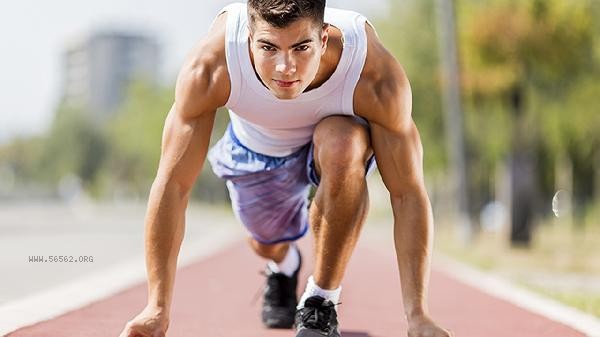Moderate consumption of coffee after exercising can help alleviate fatigue and promote metabolic recovery. The caffeine in coffee can improve post exercise mental state and help accelerate fat metabolism and muscle repair.

1. Relieve Fatigue
Caffeine reduces fatigue by blocking adenosine receptors, and intake after exercise can delay central nervous system fatigue and enhance alertness. Caffeine can also promote dopamine secretion and improve mood swings after exercise. It is recommended to choose black coffee to avoid additional sugar intake, and to drink it within 30 minutes after exercise for better results.
2. Promote fat metabolism
Caffeine can activate lipase activity, accelerating the sustained fat burning effect after exercise. Research shows that consuming coffee after exercise can increase the rate of fat oxidation, especially for people who need to lose weight. However, it is important to avoid consuming high-fat meals together as it may affect absorption efficiency.
3. Accelerate muscle recovery
Caffeine reduces muscle micro injuries after exercise by inhibiting the loss of calcium ions from the sarcoplasmic reticulum. Moderate intake of caffeine can lower creatine kinase levels and reduce the duration of delayed muscle soreness. The effect is more significant when supplemented with an appropriate amount of protein.

4. Supplement antioxidant substances
Coffee contains antioxidant components such as chlorogenic acid, which help neutralize free radicals generated during exercise. These polyphenolic substances can alleviate oxidative stress damage to cells and assist in post exercise body repair. It is recommended to choose light roasted coffee to preserve more antioxidant components.
5. Regulating Water Balance
Although coffee has a slight diuretic effect, drinking it after exercise can still replenish some water. It is recommended to supplement an additional 100 milliliters of water for every 200 milliliters of coffee consumed to avoid the risk of dehydration. Individuals with renal dysfunction should carefully control their intake.

After exercising, drinking coffee should control the total daily caffeine intake to no more than 400 milligrams to avoid affecting sleep quality. It is recommended to prioritize replenishing water and electrolytes after exercise, and coffee can be used as an auxiliary recovery drink. Special populations such as pregnant women and hypertensive patients should seek advice on balanced diet and adequate rest in order to maximize exercise effectiveness.






Comments (0)
Leave a Comment
No comments yet
Be the first to share your thoughts!